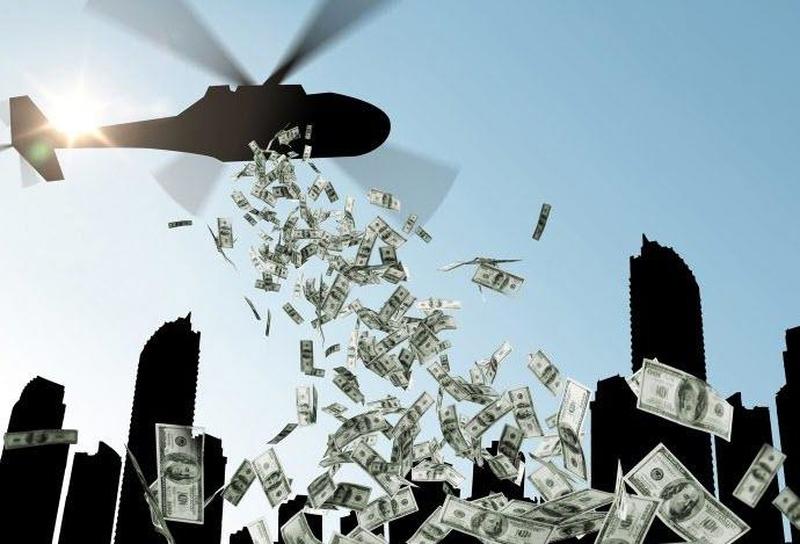It was disappointing to see the market reaction to the Fed’s emergency 50bp rate cut, but maybe it was less the magnitude of the action than Jay Powell’s lethargic delivery. Also, as I pointed out earlier in the week, monetary policy will be limited in impact and more symbolic in nature, and it will have to be fiscal measures that carry the bulk of the weight to mitigate virus-induced economic weakness. Equity markets fell pretty sharply and only rebounded overnight on the prospect of a Sanders nomination diminishing.
On the fiscal end, however, there has not been much of a development. The G7 finance ministers underdelivered, offering mere promises to monitor the situation. Apart from the IMF to spend 12 billion dollars to help with the outbreak, which isn’t exactly a fiscal stimulus, Italy deciding to employ 3.6 billion Euros fighting the immediate impact on its economy in its northern territories, and South Korea seeking 9.8 billion dollars in an extra budget to support ailing businesses, there hasn’t been much else to write home about.
So far, this is too little. Let’s just hope politicians will quickly fall in line and deliver, else it may also be too late. No one can know how this virus situation will turn out. It may already be regressive in China, but it is in full blossoming mode in places like Korea, Japan, Italy, and much of Europe. America doesn’t seem to be isolated from the threat either. However effective authorities may be to contain the spread in coming weeks, the worst is probably only to come.
Let’s think about this in economic terms. Before the outbreak China had been slowing, which was according to plan and in the context of transitioning from an export-led emerging market to a domestic consumption-driven modern country. America had slipped into a manufacturing recession last year, with capital expenditure on hold in the wake of the trade conflict with China. And Europe had limped along in the context of a secular stagnation that very little would have been able to resolve.
Now, if on top of all this global consumption broke down because entire populations for fear of contagion are paralysed and wouldn’t dare to gather in shopping malls, restaurants, and cinemas, the foundation of the residual growth momentum could easily be debased. Consumption must urgently be re-invigorated, and the only way to counter natural gaps in it is to immediately and directly provide as much disposable income as possible to citizens.
The 64-million dollar question is how. Well, at least China knows. They have relaunched infrastructure spending which is the most direct measure to produce GDP and income. Also, as a proven stimulus program it can be implemented at the snip of a finger. The Western world essentially encompassing America, Europe, and Japan is less versatile with construction spending and will have to resort largely to tax cuts and zero-cost lending to small businesses employing proportionally large swaths of the working population.
But again, there is no time to lose. Such firepower needs to be felt in the system quickly before an apathy of sorts sets in and makes the situation even worse. Admittedly, against the background of an election year in America, such decisions aren’t easy to take and would ideally have to be performed as bi-partisan action. However, with the climate poisoned between blue and red camps, a compromise would be very hard to come by, particularly if and when the health outlook became graver.
The current White House is bent on rolling out the second tranche of its tax cut of 2017, but it would probably only come into effect after the elections and only in case of Donald Trump getting re-elected. In addition, it appears to be a certainty that Trump will make good on his recurring promises around infrastructure spending. But equally, this is for his second term. Let’s hope that getting control of the outbreak will not depend on these fiscal measures, but if it does, they will not arrive on time.
